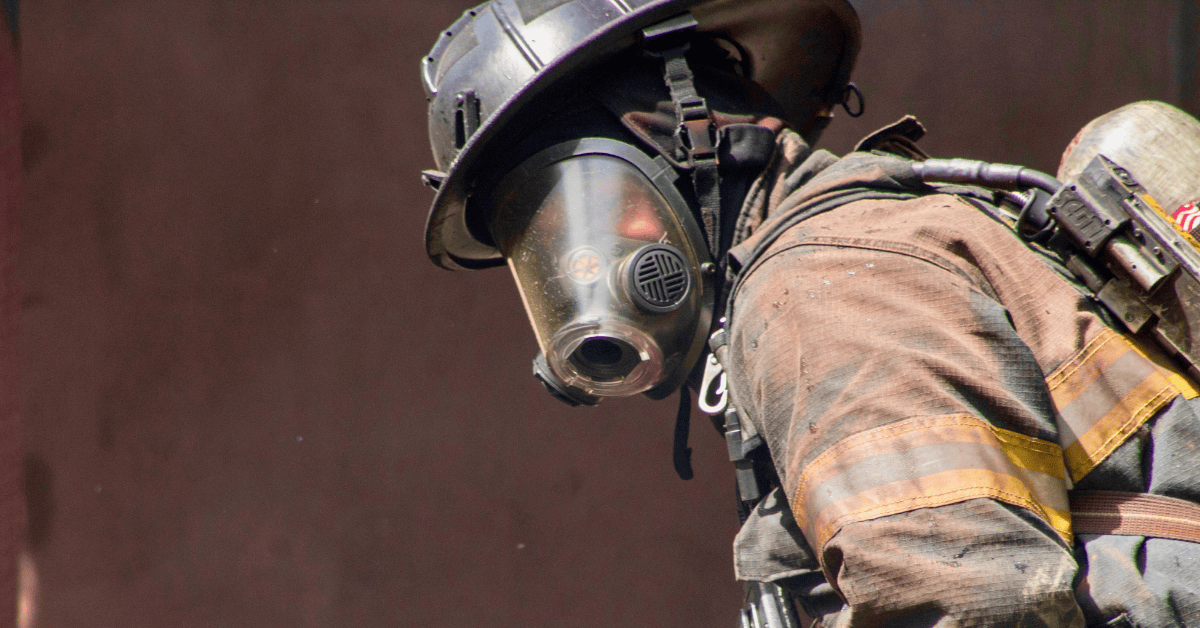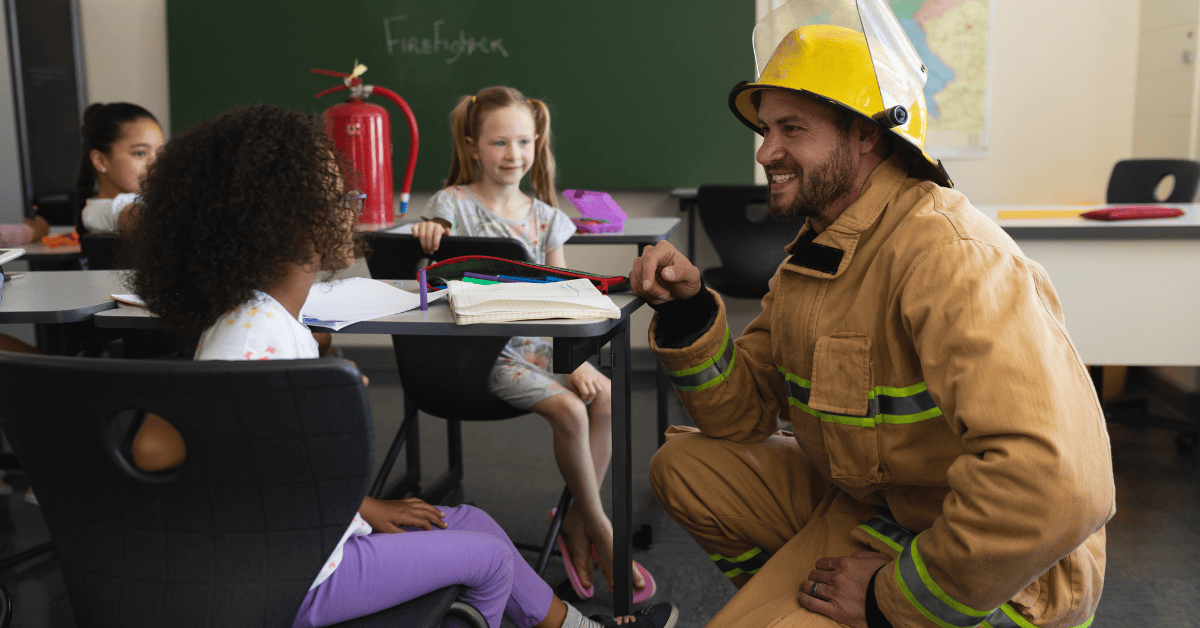Everyone knows that first responders—and especially law enforcement officers and firefighters—have intensely physical jobs. Each day, they must be prepared to perform acts of extreme exertion in order to save lives, protect property, and keep themselves and their fellow first responders safe. That’s why the physical fitness regimen, especially for entry into the career, is so demanding. To perform at an optimum level, first responders need to be in great physical condition.
But as we also know, human beings—first responders included—are more than our physical bodies. We are also intellectual, emotional, and spiritual beings, and all of these aspects require care, nurturing, and “exercise,” just as much as our physical bodies do. And here, too, first responders face special challenges. After all, their duties require them to deal with extreme stress on a regular basis: life-threatening situations that require split-second decision making. Not only that but first responders see, hear, and experience things that many could never imagine. They are regularly in situations involving terrible injury, loss of life, and intense trauma.
It shouldn’t be surprising, then, that according to a 2018 study by the Ruderman Family Foundation, police officers and firefighters are more likely to die by suicide than in the line of duty, and they suffer depression and post-traumatic stress disorder (PTSD) at up to five times the rate of the rest of the population. Additionally, a University of Phoenix study in 2017 found that some 85% of first responders have experienced symptoms related to mental health issues. A further compounding problem is that a majority of first responders believe there are negative professional ramifications for seeking mental health counseling, according to a 2019 study.
Mental and Emotional Health Tips
There are certainly things first responders can do to maintain and improve mental and emotional health. Not surprisingly, most of them are the same types of things everyone should be doing:
- getting enough sleep;
- eating a balanced diet;
- getting regular exercise;
- taking time away from the job to stay connected with family and friends and to pursue valued activities.
The problem for many first responders, however, is that the demands of the job often seem to consume too much of the time that would otherwise be available for these types of self-care activities. It may be important, then, for not only police and firefighters but also their employers to understand the vital importance of giving law enforcement and firefighters adequate time to nurture themselves.
Positive Effects of Mindfulness Activities
Mindfulness activities have also been demonstrated to offer positive effects for maintaining first responders’ mental and emotional health, especially in the area of resilience. Resilient first responders are better able to withstand, adapt, and recover from traumatic events and make a quicker return to their “steady state.” Mindfulness practices such as meditation, “box-breathing,” as practiced by US Navy SEALs, and other relaxation exercises have been shown to enhance properties of resilience such as:
- heightened ability to care for self and others;
- better alertness and general mental health;
- fewer sick days;
- improved ability to handle stress and other strong emotions;
- greater job satisfaction and career longevity.
Resources Tailored to First Responders
There are online and other resources available, tailored specifically for the needs of first responders, that can offer information and support for those looking to improve their mental and emotional fitness. The National Volunteer Fire Council offers several online courses dealing with various topics, including “Creating a Psychologically Healthy Fire Department” and courses for the spouses of firefighters. Copline.org provides “24/7, confidential services for callers who are dealing with various stressors, both on and off the job.” The point is, if you’re a first responder seeking better mental and emotional health, you don’t have to go it alone.
At Mathis Public Safety Retirement, we know first-hand both the intense rewards and the intense demands of a career as a firefighter or a law enforcement officer. Our client-first standard of care ensures that we take into consideration the whole picture—not just the finances. To learn more, read our article, “Looking Ahead for Firefighter Couples: A Pre-Retirement Checklist for 2022.”










